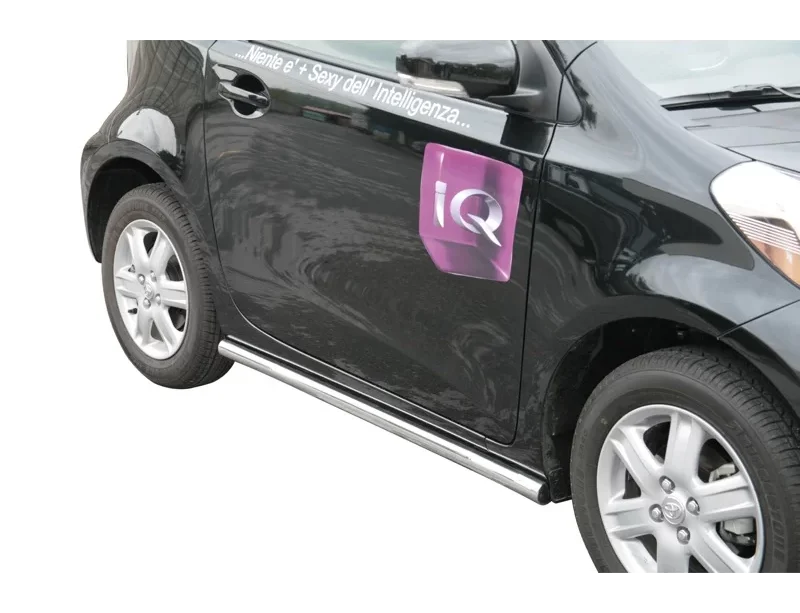Toyota Production System: Reshaping Global Manufacturing Standards in the Modern Era

The Enduring Impact of Toyota Production System
The Toyota Production System (TPS) stands as the world’s most successful strategy for operational excellence, representing a game-changing manufacturing approach that has redefined efficiency and quality.
Current Implementation and Evolution
Today, Toyota continues to implement kaizen (continuous improvement) to TPS around the clock, ensuring its ongoing evolution while maintaining a strong commitment to enriching society and industry.
Recent years have demonstrated TPS’s resilience, with Toyota outperforming many competitors during supply chain disruptions. Despite some observers questioning the system’s relevance, Toyota executives affirm that TPS remains vital and is a key factor in the company’s superior performance.
Core Principles and Modern Applications
At its core, TPS is an original manufacturing philosophy aimed at eliminating waste and achieving optimal efficiency, often referred to as a ‘lean’ or ‘Just-In-Time’ system.
The system’s essence lies in making work more manageable and meaningful for workers. Built around the concepts of Jidoka and Just-In-Time, TPS enables production that matches customer demand pace while ensuring every product meets high-quality standards and individual customer requirements.
Global Impact and Future Outlook
The TPS system has been studied, adapted, and implemented worldwide, not just by manufacturers but by all types of businesses seeking to enhance their operational efficiency.
The system promotes a problem-solving culture where employees are empowered to take action when they observe abnormalities. This customer-first approach has led to increased satisfaction, with brands building reputations for delivering defect-free products.
Looking forward, Toyota continues to innovate, particularly in sustainability, with recent developments including the launch of heavy-duty hydrogen fuel cell trucks for European logistics routes and supporting zero-emission power initiatives in marine transport.









